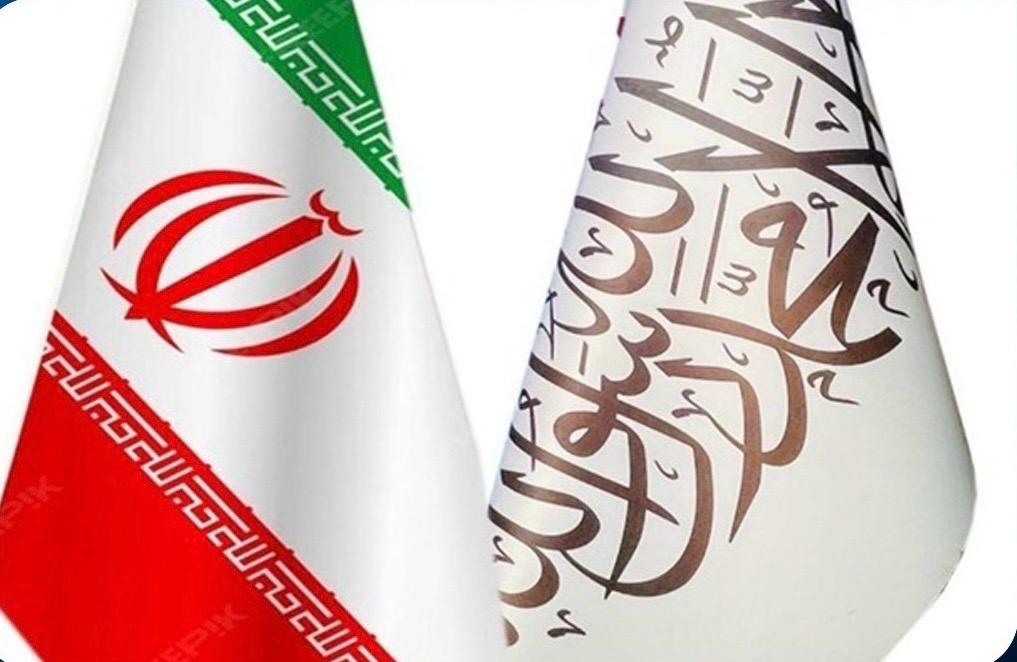International human rights; a policy to preserve dignity or a tool to preserve power?!
Nevertheless, it must be said that what is recognized today at the world level, under the title of “human rights” is an intellectual construct and a broad legal and political practice that was enacted in the Western world and after the two world wars by the countries won the war. According to Donnelly’s interpretation in the book “Human Rights and Human Dignity”, in other regions and non-western cultures, moral principles and movements in favor of human dignity appeared, of course, with a specific and different interpretation, but the version they gave for human dignity was based on the “discourse of right”. This discourse that individuals are above all else and entitled to fundamental individual rights and that these rights can be claimed and must be respected by the public power (ruling powers), started from the West. So, human rights are a set of rules that have their roots in constitutionalism in Britain and the political and libertarian revolutions of the 18th century in countries such as France and America, and the formulation of national policies based on common and broad human rights. This set of rules, which was gradually compiled after the 2nd World War and the establishment of the United Nations, in the sense that it does not pay attention to the relationship between man and his creator, is completely different from the Islamic view of it in terms of its basis, but in terms of content, it has similarities and differences that the Islamic countries adopted the “Cairo Declaration on Human Rights in Islam” in order to show their views in 1990 within the framework of the 19th Islamic Conference in Cairo. The similarities and differences of the two approaches can be proposed and examined at an appropriate time. The basis of Western human rights: Since our discussion is focused on Western human rights and not Islam’s view of human rights, it is better to have an opinion on the basis of human rights from the perspective of Westerners and briefly examine the Western approach to it. For human rights, various intellectual foundations have been presented from natural rights to the theory of liberalism in the contemporary era, but what is accepted more than others is that this group of rules is rooted in the moral view of Immanuel Kant (German Philosopher). In Kant’s school, man is the center of the whole world and his theory is based on three principles, the result of which will be respect for man and his rights: 1- Since man has the ability to choose and make rational decisions, he is autonomous. 2- The autonomy and wisdom of man is the reason for the dignity of man. 3- Man is an end in essence and not a means to achieve other goals. From these three principles, Kant concludes that man has the independence of will in the complete and precise choice of moral values and is immune from any aggression and interference. Since all human beings are equal in dignity, respecting human wishes and wishes as the ultimate goal is the origin of rights that should be considered for him. The crystallization of Kant’s thought in politics is classical liberalism, which includes individual freedom, human-centeredness, capitalist economy, welfarism, opposition to traditions, democracy and limited government. Western governments – some later and some earlier – make their loyalty to liberal principles, the importance of individual rights, special attention to vulnerable people, respect for the autonomy and individual tastes of the ruling forces, the diminution of the feeling of microseism and resorting to compromise. Instead, they showed up in richness and belief in the possibility of progress. Considering that about two centuries of international relations have been influenced by the West, powerful Western governments promoted this debate globally and put it at the pivot of international policies and the wisdom and macro governments, and unwanted in the international arena. Inevitably, they were accepted and implemented as human rights and human rights. Human rights in the realist world: As it was said, human rights were founded in the international domain based on liberalism and its components, but its implementation globally is more realistic global reflection. Contemporary history is full of realities associated with human rights abuses that the government and power contributed to its occurrence and continuity. Syria is an example of the dual-west approach to human rights. In 2011, Bashar al-Assad’s military actions and killing people and suppressing their screams for human rights and democracy, because the United States, Israel and Turkey were reluctant to change the regime and worried about the instability of the region, were not a reaction, but after 2015 and Russia’s involvement to support the Assad government, U.S. forces aimed at overthrowing the rule of Bashar al-Assad in the overthrow of Gaddafi’s government in Libya and Saddam Hussein in Iraq, launched its air strikes on Syria, the United States and its allies with heads the support of democracy and the implementation of human rights with the support of anti-Bashar al-Assad forces against government forces and supporters of the government of Bashar al-Assad. Looking to the killing or genocide of Muslims in Myanmar during recent years and the different approaches of governments from the Nobel Peace Medal to Sang Sochi, the President of the country, to the plan for the country in the International Justice and Court of Trial of Myanmar. In the international criminal law, it can be mentioned as another example. The recent two-year war in Ukraine and the plan of political issues and suggestions for the issuance of resolutions against Russia due to vetoing the country, the plan of fights by Ukraine against Russia and the support of many Western countries, as well as requests from the International Criminal Court for Penet and Negative Court of Positive and Negative On the one hand and the collisions and differentials with the war in Gaza and the failed proposals for issuing resolution against Israel because of the veto of the United States, the request for the trial of the Zionist regime leaders and … are also examples of realist approach to human rights and its breach. Other cases of Western invasions could be brought as an example such as in Yugoslavia (and dividing it into five new republics), Iraq, Libya and Afghanistan, on the pretext of supporting and promoting human rights and democracy. To be continued Sayed Mohammad Alami







